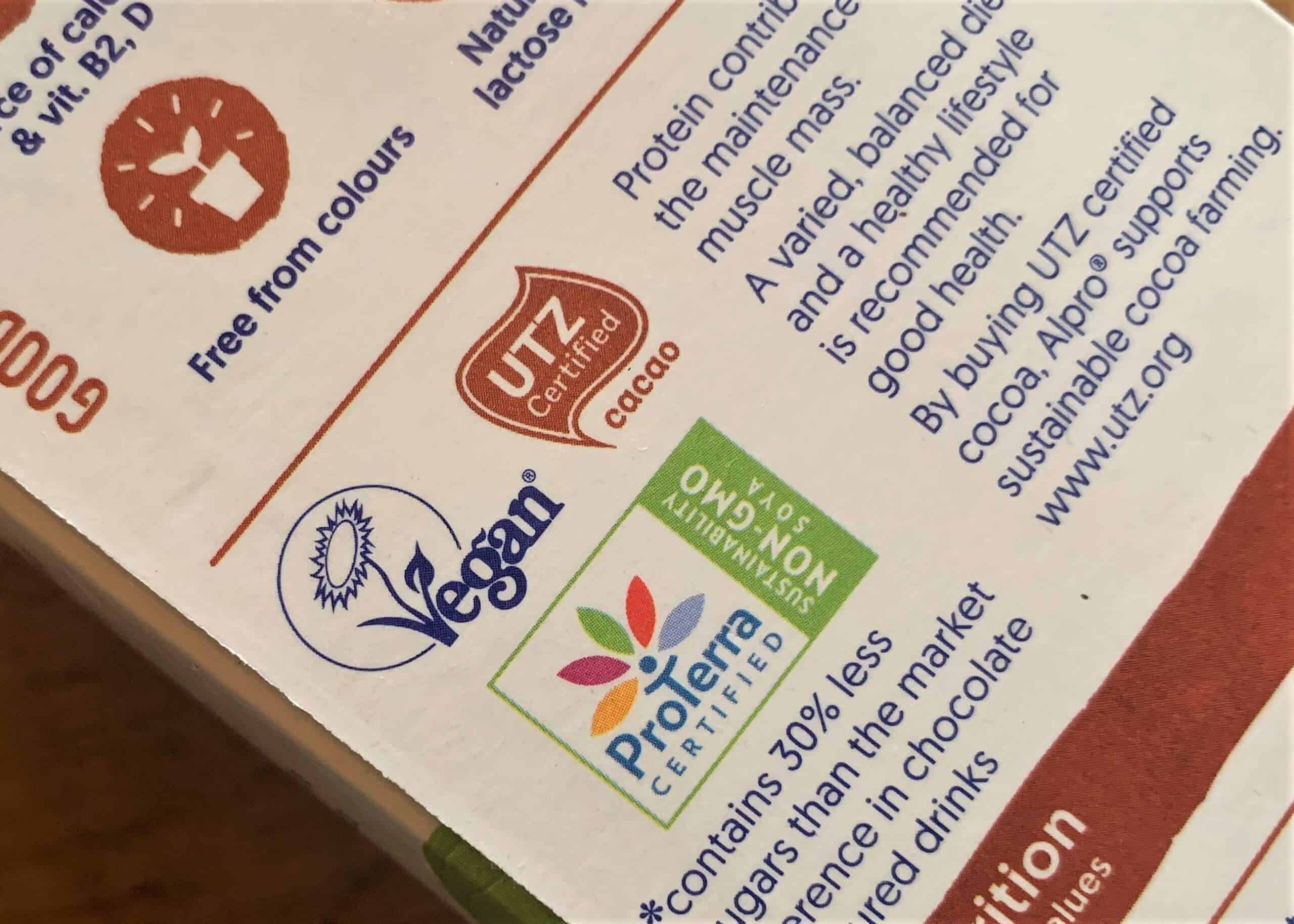From vegconomist.com
Recently there has been consumer concern about a ruling issued by the EU allowing the use of insects in novel food. Whilst this has come as a surprise to some, insects have been used in product manufacturing for a long time. The use of shellac (a resin secreted by the female lac bug) caused an uproar when consumers discovered products they wouldn’t think to check, like fruit, were being coated in it. This caused them to unwittingly consume animal products and is just one example of the use of insects in production.
It’s not just food products that may include insects, their inclusion across all industries is prolific. Silk, often thought of as a ‘luxury’ textile, is made by boiling silk worms alive in their cocoons. Cochineal dye is regularly used in both food and cosmetics for its red colouring and is created by crushing Cochineal bugs. In a recent survey by The Vegan Society, a worryingly high 39.9% of consumers said they didn’t know the dye is derived from these bugs, and upon learning this, they wished to avoid it.
The use of animal products, including insects, in cosmetics is particularly worrying as the ingredients lists often contain long scientific words the average consumer cannot easily identify. The Vegan Society’s Vegan Beauty report showed that only 2.6% of people can correctly identify 10 regularly used cosmetic and toiletry product ingredients which are derived from animals.
Due to consumer concern about the inclusion of animal products and by-products in items, be that food, cosmetics, fashion or more, it is not surprising that a 2021 survey* found that 77% of consumers think third-party vegan certification is important. When only vegans were surveyed, the percentage rose to 94%. This just goes to show how important trustworthy, clear labelling is to ensure vegan products get noticed by consumers.

The Vegan Trademark was established in 1990 to bring more clarity to product labelling. Now, with over 65,000 registered products, it is a globally recognised certification for products which are free from animal ingredients and animal testing. As The Vegan Society defines the word “animal” to refer to all vertebrates and multi-cellular invertebrates, products registered with the Vegan Trademark would not contain insects in any part of their manufacturing process. In today’s world, where there is an increasing demand for ethical products, the Vegan Trademark provides a clear and recognisable symbol of quality and assurance.
The charity behind the certification, The Vegan Society, is the world’s first vegan organisation. In fact its founder, Donald Watson, first coined the word ‘vegan’. Since then they have continued to set the standards across the world. The charity defines veganism as:
“A philosophy and way of living which seeks to exclude—as far as is possible and practicable—all forms of exploitation of, and cruelty to, animals for food, clothing or any other purpose; and by extension, promotes the development and use of animal-free alternatives for the benefit of animals, humans and the environment. In dietary terms it denotes the practice of dispensing with all products derived wholly or partly from animals.”
Steve Hamon, CEO of The Vegan Society shared: “Since the inception of the Vegan Society in 1944, our vision has been a world in which humans do not exploit other animals. We have not compromised our stance over the years and this vision remains integral to the goals of the society today.”

Throughout the history of the society, we have aimed to make veganism an accessible and widely recognised approach to reducing animal and human suffering, and environmental damage. We are proud of the work we do to achieve this, and we see these aims reflected in all areas of the society, from our ongoing campaign work to our detailed Trademark standards.”
Shoppers can be reassured that any products that carry the Vegan Trademark do not contain any hidden animal ingredients. The stringent standards ensure that the products are free from animal-derived ingredients and by-products, no animal testing is involved in the production, and that there are cross-contamination elimination processes in place.

By certifying their products, businesses show their commitment to the vegan movement and demonstrate their understanding of the values and principles of veganism. This not only sets them apart from their competitors, but also helps to build trust with their vegan customers.
In addition to the trust and recognition that come with carrying the Vegan Trademark, businesses also benefit from being part of a community of like-minded companies. The Vegan Society provides support and guidance to its Trademark holders, and helps to promote their products to the growing number of vegans around the world.
To find out more about the Vegan Trademark, or start your application to certify your products, visit: https://www.vegansociety.com/the-vegan-trademark
No comments:
Post a Comment